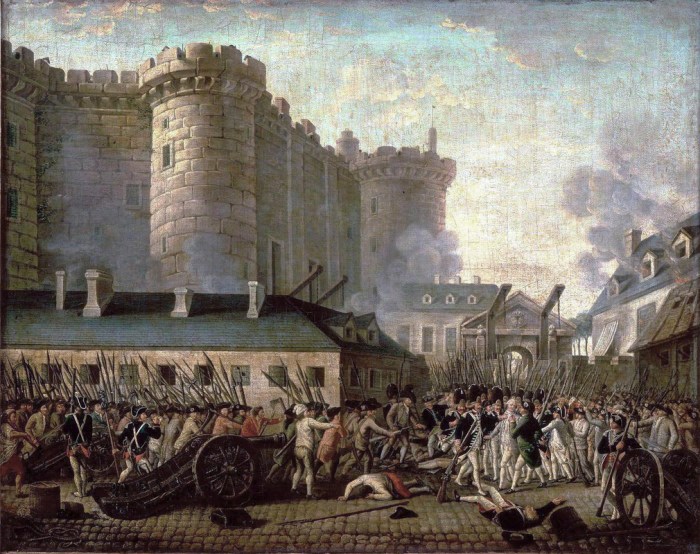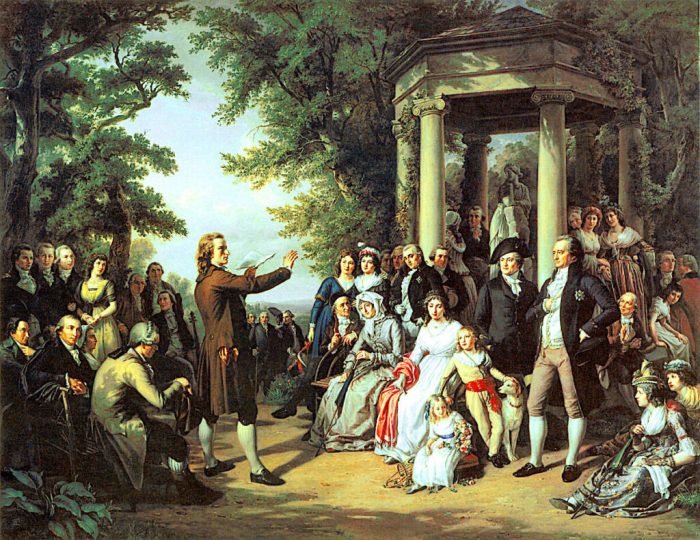Primary sources on the Enlightenment offer an unparalleled window into one of history’s most transformative eras. By examining firsthand accounts, letters, and philosophical treatises, we gain an intimate understanding of the ideas, debates, and individuals that shaped the modern world.
From the writings of Locke and Voltaire to the scientific discoveries of Newton, primary sources provide a direct connection to the intellectual and social currents that defined the Enlightenment.
Introduction to Primary Sources on the Enlightenment
Primary sources are firsthand accounts or documents created during the historical period being studied. They provide invaluable insights into the thoughts, beliefs, and experiences of people from the past. For the Enlightenment, primary sources are crucial for understanding the intellectual and social transformations that occurred during this period.
Examples of primary sources from the Enlightenment era include:
- Letters and diaries of philosophers and intellectuals
- Pamphlets and treatises on political, social, and religious issues
- Scientific papers and experiments
- Artwork and architecture
Types of Primary Sources on the Enlightenment

There are various types of primary sources from the Enlightenment era, each offering unique perspectives on the period:
- Letters and diaries:Personal correspondence and journals provide insights into the thoughts and daily lives of Enlightenment figures.
- Pamphlets and treatises:These publications were widely circulated and debated, shaping public opinion and intellectual discourse.
- Philosophical treatises:Major works by Enlightenment philosophers, such as Locke’s Two Treatises of Governmentand Rousseau’s Social Contract, Artikeld their key ideas.
- Scientific papers and experiments:The Enlightenment witnessed significant scientific advancements, documented in papers and reports.
- Artwork and architecture:Art and architecture reflected Enlightenment ideals of reason, progress, and humanism.
Historical Context of Primary Sources

The Enlightenment was a period of intellectual and social change in Europe during the 18th century. Primary sources reflect the key ideas and debates of the Enlightenment, such as:
- Reason and empiricism:Enlightenment thinkers emphasized the power of reason and observation to understand the world.
- Natural rights and individualism:They believed in the inherent rights of individuals, including liberty, property, and freedom of thought.
- Social contract theory:Philosophers like Locke and Rousseau argued that governments should be based on the consent of the governed.
- Separation of church and state:Enlightenment thinkers advocated for the separation of religious and political authority.
Using Primary Sources to Analyze the Enlightenment

To analyze primary sources effectively, researchers employ critical thinking skills:
- Identify and authenticate sources:Verify the authenticity and provenance of documents.
- Analyze context:Consider the historical context in which the source was created.
- Interpret content:Extract information and identify key themes and arguments.
- Draw conclusions:Use primary sources to support historical arguments and draw conclusions about the Enlightenment.
Challenges and Limitations of Primary Sources: Primary Sources On The Enlightenment
Using primary sources presents challenges:
- Bias:Sources may reflect the perspectives of particular individuals or groups.
- Incompleteness:Documents may be incomplete or damaged, limiting our understanding.
- Translation issues:Translating sources from original languages may introduce inaccuracies.
To overcome these challenges, historians use:
- Critical analysis:Evaluating sources for bias and reliability.
- Triangulation:Comparing multiple sources to cross-validate information.
- Contextualization:Understanding the historical context in which sources were created.
FAQ Resource
What are primary sources?
Primary sources are firsthand accounts or documents created during the time period being studied.
Why are primary sources important for understanding the Enlightenment?
Primary sources provide direct evidence of the ideas, events, and experiences of the Enlightenment era.
How can I identify and authenticate primary sources?
Consider the source’s origin, purpose, and reliability. Consult bibliographies and expert opinions.